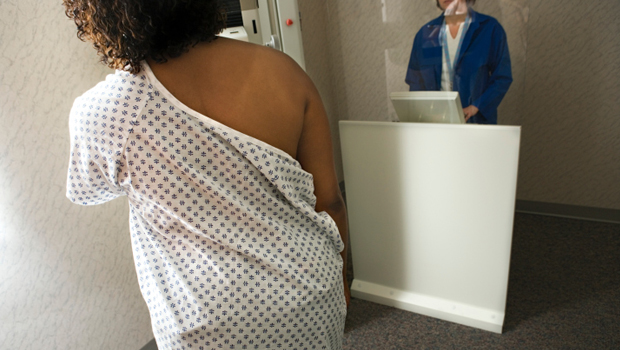- Our Research
- Research Areas
- Addictions
- Aging & Geriatrics
- Behavior Change
- Biostatistics
- Cancer
- Cardiovascular Health
- Child & Adolescent Health
- Chronic Illness Management
- Health Informatics
- Health Services & Economics
- Healthy Communities
- Medication Use & Patient Safety
- Mental Health
- Obesity
- Preventive Medicine
- Social Determinants of Health
- Vaccines & Infectious Diseases | COVID-19
- Our Scientists
- Collaborate with Us
- Our Publications
- Research Funding Sources
- Research Areas
- News and Events
- Get Involved
- About Us
- Live Healthy
All Articles
- Aging with an edge: The ACT study advances genetics and brain science
What if scientists could combine the latest in genetics and brain science with decades of rich data from research and clinical visits? That interdisciplinary cross-fertilization is just what’s happening with Adult Changes in Thought (ACT), a joint Group Health–University of Washington (UW) study funded by the National Institute on Aging. After decades of studying Group Health seniors to pinpoint risk factors for conditions including dementia, ACT researchers are now collaborating with new partners to learn even more.
- Medical home adds value beyond electronic health record
Electronic health records (EHRs) are one part of the patient-centered medical home. But improved health care quality is related to other aspects of the medical home, not just EHRs, according to an invited editorial in the Annals of Internal Medicine.
- Vaccinations: A public health benefit
Most parents choose to protect their children from diseases such as measles, meningitis, polio, and whooping cough through vaccinations. But a rising number opt not to vaccinate their children fully according to the recommended schedule, and many parents have concerns about the safety or necessity of vaccines.
- What characteristics make up effective patient engagement?
While many health care providers and health care organizations stress the importance of patient engagement, they have a long way to go to achieve effective patient communication. Paula Lozano, MD, senior investigator with GHRI, discussed the role readiness and other factors play in a patient’s decision to make a change in their health and well-being.
- Delaying measles-related vaccines may raise seizure risk
Delaying the first dose of the measles-mumps-rubella (MMR) and measles-mumps-rubella-varicella (MMRV) vaccines in children older than 15 months—outside the recommended schedule—may actually more than double the risk of fever-related seizures.
- Digital mammograms have raised costs with only small health benefits
The trend toward digital mammograms was given a mixed report card in the study Benefits, Harms, and Costs for Breast Cancer Screening After U.S. Implementation of Digital Mammography e-published on May 28 in the Journal of the National Cancer Institute.
- Triple wins for the 2014 Birnbaum Award
Each year at the Birnbaum Lecture, Group Health Research Institute presents the Birnbaum Award to Group Health staff who’ve made extraordinary contributions to the organization’s development as a learning health care system. At the 2014 Lecture, the award will be presented to people involved in three outstanding projects, all funded by Group Health’s Partnership for Innovation.
Kaiser Permanente Washington Health Research Institute for:
Kaiser Permanente Washington Health Research Institute
Phone: 206-287-2900Fax: 206-287-2871
Contact us
Sign up for our newsletter
Policy on Conflict of Interest
Nondiscrimination Notice and Language Access Services
Land Acknowledgment
Our Seattle offices sit on the occupied land of the Duwamish and by the shared waters of the Coast Salish people, who have been here thousands of years and remain. Learn about practicing land acknowledgment.



